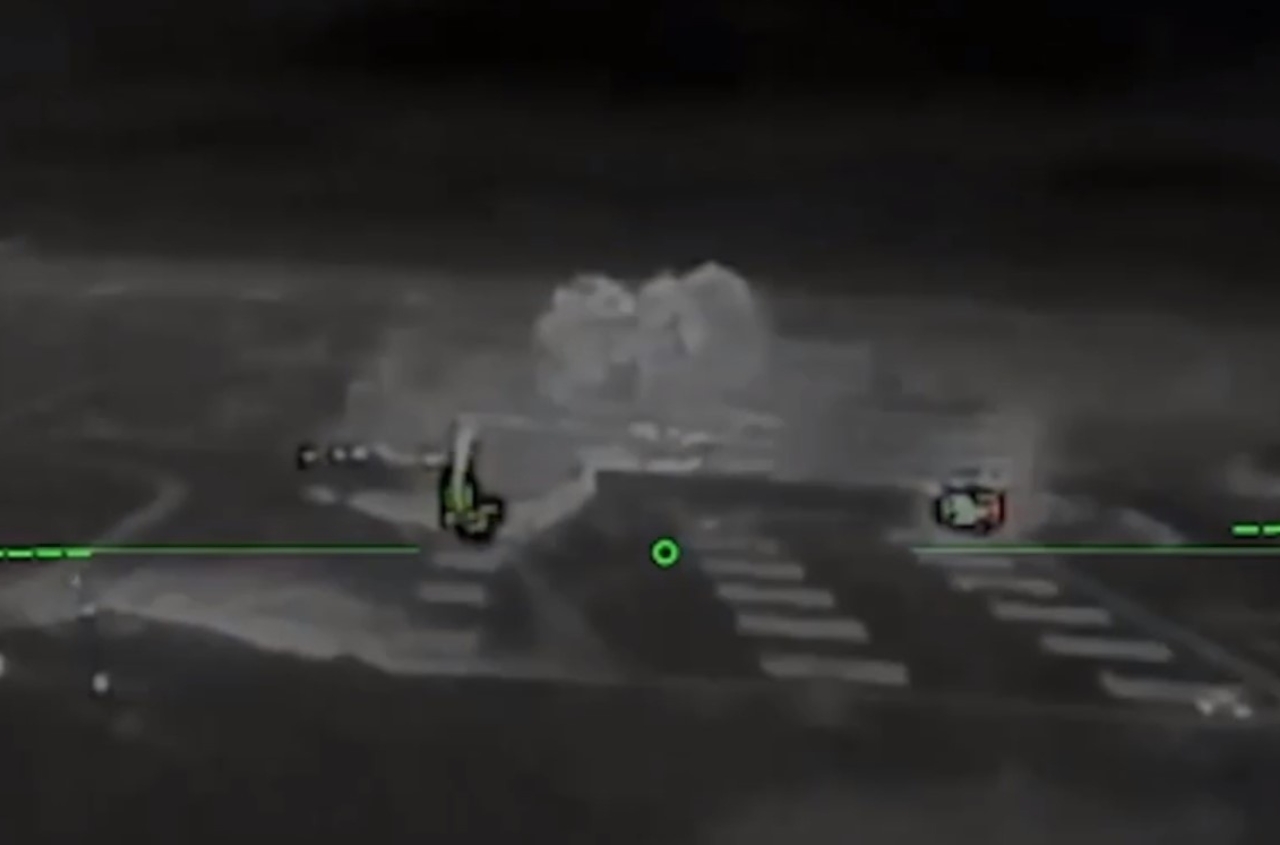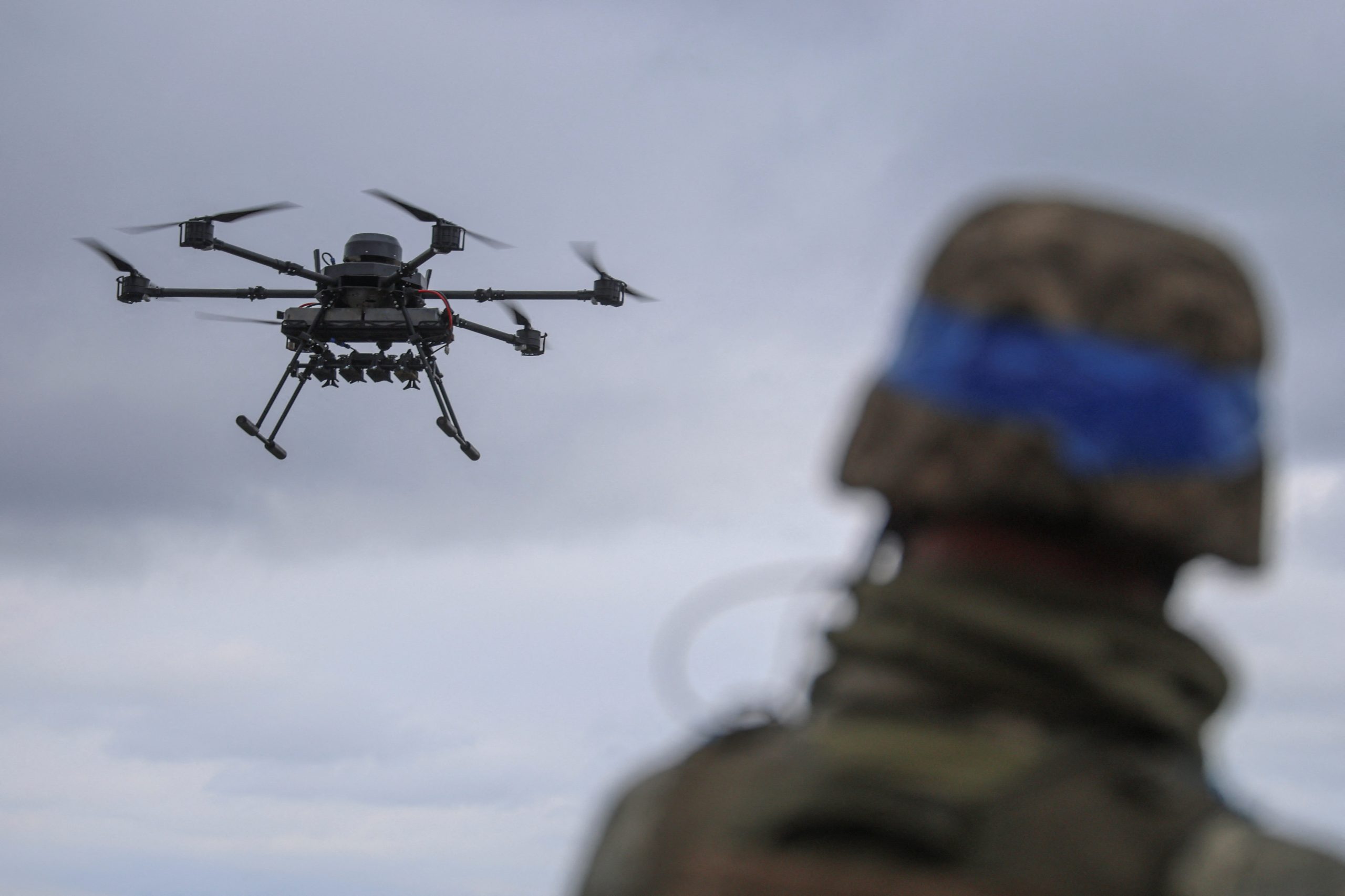The Kremlin appears to be re-intensifying a reflexive control campaign targeting Western decision-making using nuclear threats and diplomatic manipulation.
Reflexive control is a key element of Russia’s hybrid warfare toolkit — it is a tactic that relies on shaping an adversary with targeted rhetoric and information operations in such a way that the adversary voluntarily takes actions that are advantageous to Russia.
Soviet mathematician Vladimir Lefebvre defined reflexive control as “the process of transferring the reasons of making a decision” to an adversary via “provocations, intrigues, disguises, creation of false objects, and lies of any type.”
Russia has frequently used nuclear saber-rattling throughout the course of its full-scale invasion of Ukraine to cause the West (Russia’s self-defined adversary) to stop providing military support for Ukraine, and this nuclear saber-rattling has become a frequently used form of Russian reflexive control.
The Russian Ministry of Defense (MoD) reported on May 6 that Russian President Vladimir Putin instructed the Russian General Staff to prepare to conduct non-strategic (tactical) nuclear weapons exercises to “practice the preparation and use” of tactical nuclear weapons.
The Russian MoD stated that these exercises will involve missile formations of Russia’s Southern Military District (SMD) as well as Russian aviation and naval forces. The Russian MoD and the Russian Ministry of Foreign Affairs (MFA) both notably claimed that Russia will conduct nuclear exercises in response to “provocative statements and threats” made by Western officials against Russia.
The Russian MFA accused the US of deploying ground-based intermediate and short-range missiles “in various regions around the world,” which the Russian MFA claimed allows Russia to reciprocate in kind.
The Russian MFA also claimed that it will consider the arrival of F-16s to Ukraine as a provocation because Russia will consider F-16s carriers of nuclear weapons, a boilerplate threat that Russian officials have been making since Western states first committed to sending F-16s to Ukraine in summer 2023.
Russian Security Council Deputy Chairperson Dmitry Medvedev accused US, French, and British officials of considering sending their troops to Ukraine and claimed that this justifies Russia testing its tactical nuclear weapons.
Medvedev also directly threatened a “world catastrophe” as a result of Western involvement in Ukraine and warned of Russian strikes against Washington, Paris, and London.
Russian officials, particularly Medvedev, are critical elements of Russia’s efforts to use nuclear rhetoric as a form of reflexive control, as ISW has frequently reported.
Russian officials consistently time nuclear readiness exercises and vague threats of nuclear retaliation with important Western policy decisions regarding the war in Ukraine to force Western decision-makers to self-deter and temper their support for Ukraine. The current apparent resurgence of nuclear rhetoric, this time in the form of planned tactical nuclear weapons exercises, coincides with the imminent arrival of Western weapons in Ukraine. Russian officials are likely using the nuclear weapons information operation to discourage Ukraine’s Western partners from providing additional military support and to scare Western decision-makers out of allowing Ukrainian forces to use Western-provided systems to attack legitimate military targets in Russia. Russian troops engage in routine nuclear exercises as part of this wider nuclear rhetoric information operation, but ISW continues to assess that Russia is highly unlikely to use a tactical nuclear weapon on the battlefield in Ukraine or anywhere else.
The Russian MFA also summoned the British and French ambassadors to Russia as part of the wider ongoing reflexive control campaign aimed at discouraging Western governments from supporting Ukraine.
The Russian MFA claimed that it summoned British Ambassador to Russia Nigel Casey in connection with recent statements by British Foreign Minister David Cameron asserting that Ukraine has the right to strike military targets inside of Russia.
The Russian MFA accused Cameron of “escalating” the conflict by stating that Ukraine has the right to strike within Russia and warned that Russia can respond by striking “any British military facilities and equipment on the territory of Ukraine and beyond its borders.”
Russian MFA Spokeswoman Maria Zakharova and Kremlin newswire TASS also reported that Russia summoned the French Ambassador to Russia due to French leadership’s “belligerent statements and the growing involvement of France in the conflict in Ukraine,” in response to French President Emmanuel Macron’s recent calls for expanded Western security assistance to Ukraine.
Russia likely summoned these ambassadors to discourage France and the UK, and by extension the rest of the West, from providing further support for Ukraine.




















